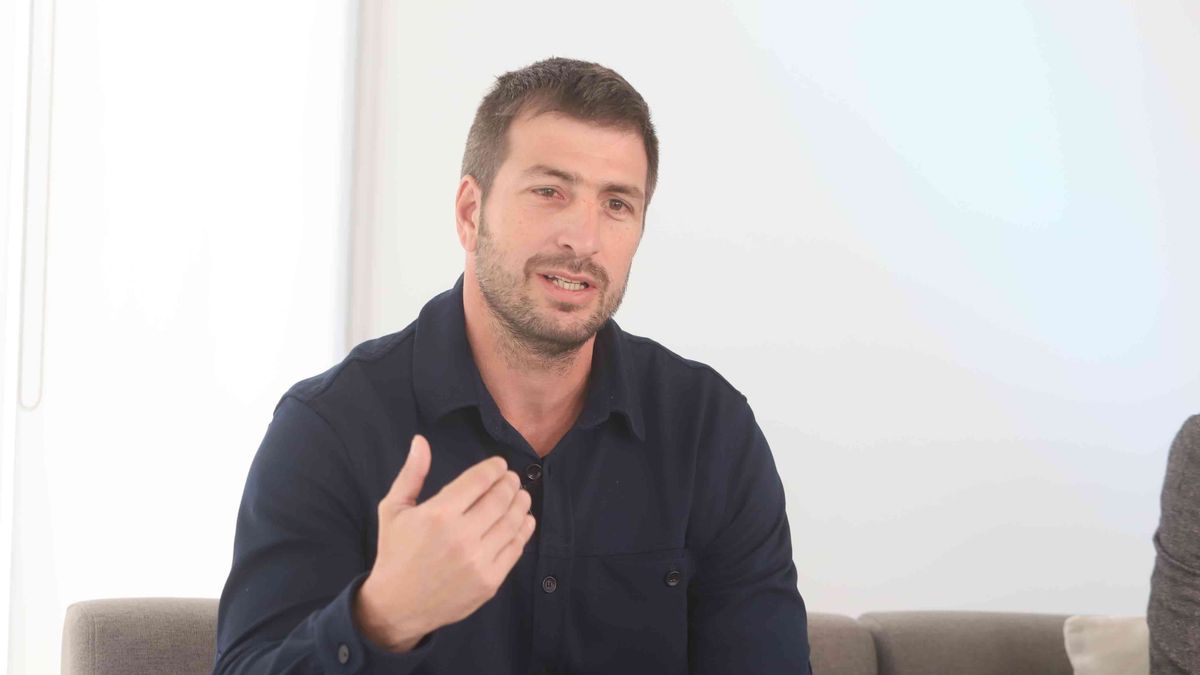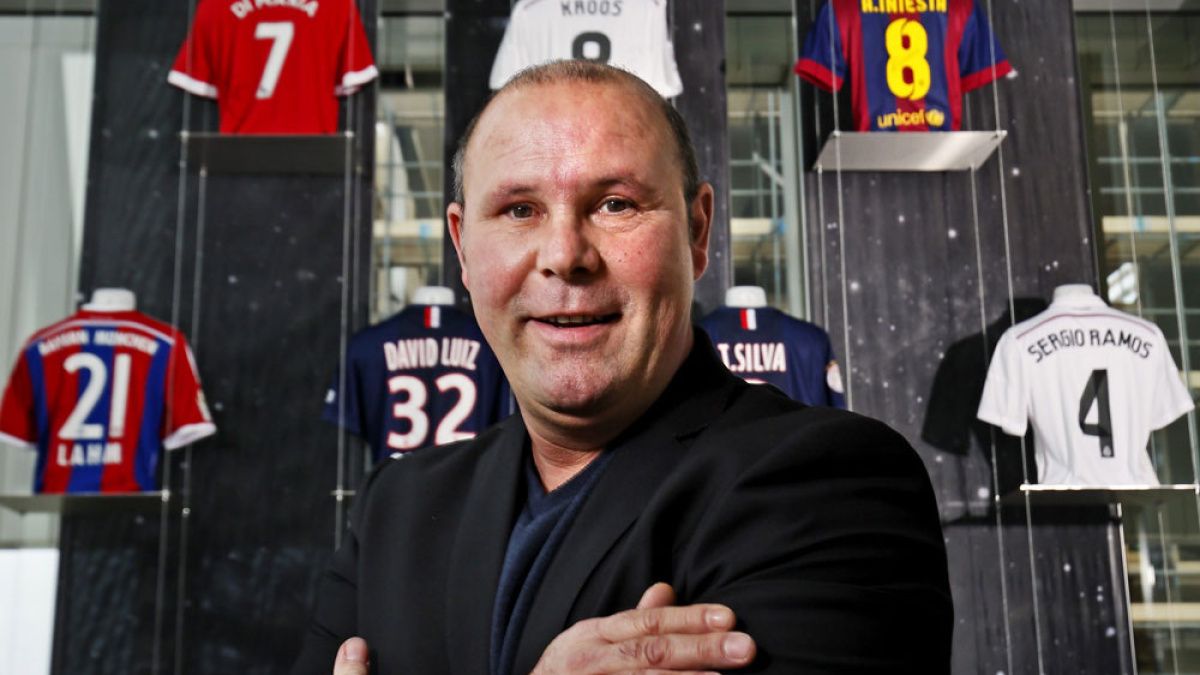Santiago Piccaluga, Director of Digital Platforms at Cervecería y Maltería Quilmes, He highlighted the company’s transformation in recent years, participating in the second panel on Innovation and Technology of Scope of debate.
Piccaluga recalled that the company has been in existence for over 130 years and has recently accelerated its process to adapt to current times. “We are not a digital native company, but we have been transforming the sale of products to customers through technology,” He stressed during the event moderated by the editor of Ámbito, Ariel Basile.
While acknowledging that “cultural change cost a lot”, He said that “it helped a lot that it comes from the company’s leaders and it is not just about one area, but from the core, from the heart of the company.”
Santiago Piccaluga – Quilmes.mp4
Innovation to “customize the experience”
Piccaluga explained that the company has two areas of innovation, one linked to consumer-facing products and another based on technology. “Almost three years ago we launched Our B2B platform (BEES) which has enabled us to digitalise the purchasing process of more than 250,000 customers who shop every week, bringing them new technology and facilitating the entire purchasing, delivery and payment process,” he said.
The director of Digital Platforms of Cervecería Quilmes said that “Four or five years ago, it was unthinkable that customers could see the status of their product in real time, but today we can customize the entire experience: products, offers and communications.”
To this he added the reception of the clients, which “was very good because it simplified constant communication for them” and illustrated: “Our internal mantra is that we grow when our clients grow. So, we became a Marketplace and we give them products from other companies, which allowed us to grow the category, innovate and reach people we didn’t before.”
“We believe in digital and physical contact. We continue to visit clients to advise and help them with the digital education, “This is very important for our target customers. The processes are very changing and fast and our promoters have to facilitate and provide an advisory role so that the merchant can improve his business,” he added.
The reconversion process
Regarding the recruitment of talents and the adaptation process, he provided the Quilmes recipe. “We looked at the internal capabilities and went looking for a lot of talent in the market. In that first approach we tried to give the external talent that came in a non-harmful environment, because we must remember that it was a 130-year-old company changing the core of the business,” Piccaluga confided.
After that stage, the objectives changed. “Today it is how we adapt new routines and work our contacts through data. Our business advice It is based on customers and we see through data how to be more efficient in delivery days and schedules,” he said.
He added: “When you become a marketplace with BEES, with 35 companies that sell products that we don’t, it allows you to grow the category, innovate and reach people that you couldn’t before. The core is strengthened and expanded, but another business unit is started to offer more products and categories.”
Optimism about the adoption of technology in the Argentine market
Finally, regarding the role of innovation in Argentina, Piccaluga said that the country is seeing “a really fast dynamic”, considering that “The Argentine market is number 1 in Latin America in terms of technology adoption” and assures that “in the last four years I see a really rapid dynamic of companies adopting B2B.”
“The penetration of the smartphone “It is really good and it allowed us to have an extraordinary level of adoption at BEES. Of the 250,000 clients, more than 70% are independent and spend more than 30 minutes a week browsing, looking for offers and trying to boost their business. That was a hypothesis and the level of penetration and how the client adopts and begins to work freely was striking,” he said.
Source: Ambito




